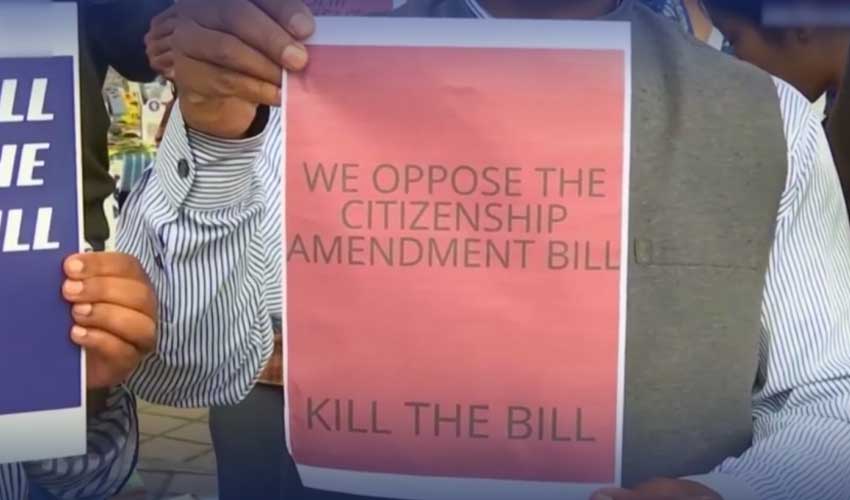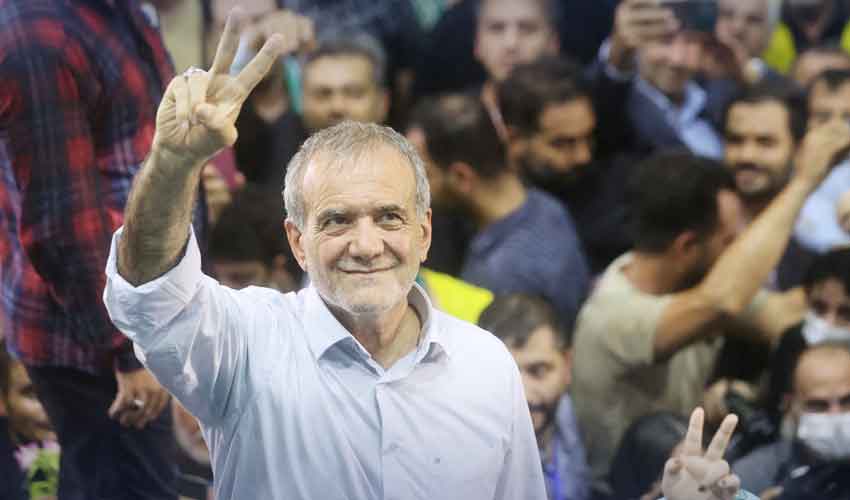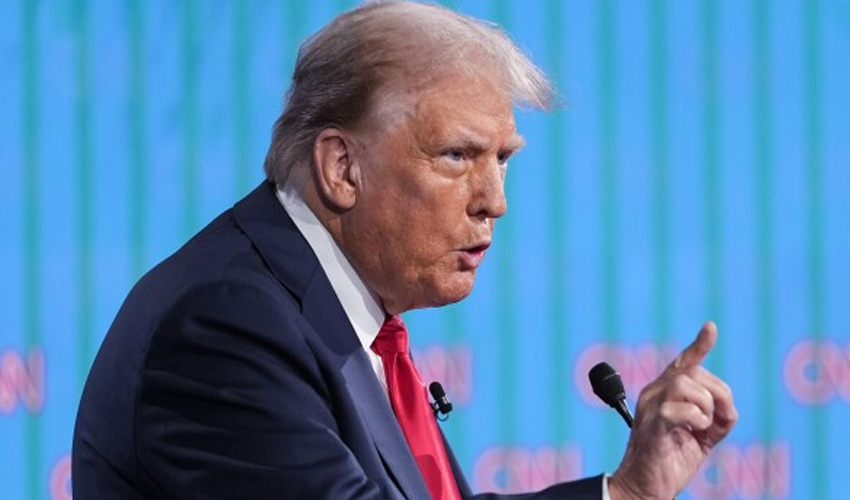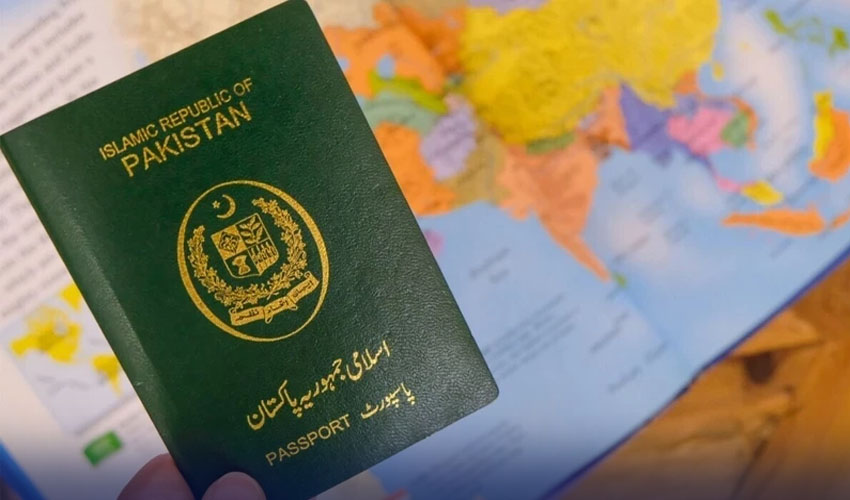The Modi govt's implementation of the highly controversial Citizenship Amendment Act 2019, driven by its Hindutva agenda, has ignited both domestic protests and international scrutiny, with critics denouncing it as a violation of human rights.
Expressing grave concerns, the United Nations, the United States, and Amnesty International have all voiced their reservations about the law. The United Nations Human Rights Commission has branded the Act as a breach of India's human rights statutes.
The US Department of State's spokesperson conveyed the nation's apprehensions regarding the law's implications, emphasizing the importance of religious freedom and equal treatment for all minorities under democratic principles.
Similarly, Amnesty International has strongly condemned the Act, labeling it discriminatory. Amnesty India highlighted that the law infringes upon the rights to equality and non-discrimination as guaranteed by international agreements.
Amidst mounting criticism, Amnesty India urged Indian authorities to uphold freedom of expression and assembly, particularly in response to peaceful protests against the controversial legislation.
Critics argue that the Modi govt's adoption of the citizenship law reflects a broader agenda to establish a Hindutva-centric state, potentially marginalizing the country's Muslim population of over 200 million.


























